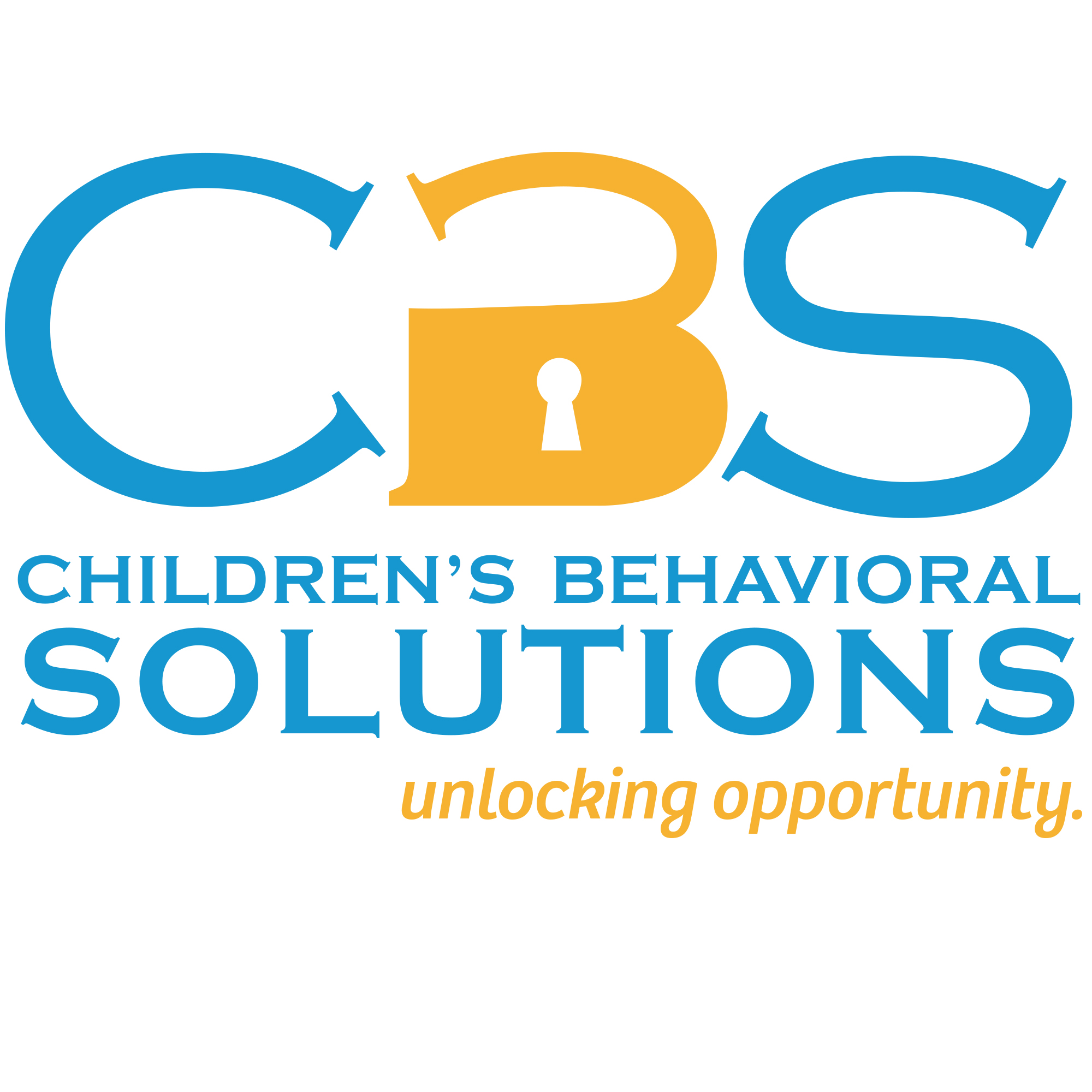Misdiagnosing Deaf Clients with Psychotic Symptoms: The Importance of Considering the Likelihood of Language Deprivation as a Contributing Factor to Presenting Symptoms
Mental Health Professionals working with the Deaf population often find themselves unprepared, and even unaware, of the intensive and complicated needs their clients may present with, specifically regarding Deaf individuals that have experienced Language Deprivation. Historically, the presenting behavioral, emotional, and/or psychological symptoms of Deaf clients have most often been misdiagnosed as symptoms of a severe mental illness. However, researchers and professionals working in Deaf Mental Health Care have a strong body of literature to support the belief that symptoms of mental illness...Read more in the Deaf population might be caused by not having access to appropriate and/or effective language acquisition during critical early developmental stages. Moreover, without appropriate interventions to help facilitate effective language acquisition, learning the rules of social interaction, as well as many other critical life skills, Deaf individual will likely present with symptoms that closely resemble those of a severe mental illness, including symptoms of psychosis. Therefore, Mental Health Professionals working with the Deaf community should always be as thorough as possible when performing mental health assessments that are used for diagnosing a Deaf client. By implementing more appropriate assessment practices, regularly consulting with other knowledgeable professionals, and using extreme caution when diagnosing a Deaf client with any mental illness, clinicians will begin using techniques identified as “best practice”. As a result, Deaf clients that are referred for mental health assessments will have a greater opportunity to receive both appropriate, and effective, mental health services. Less...
Learning Objectives
- Discuss how symptoms of mental illness/psychosis mirror symptoms caused by Language Deprivation
- Evaluate assessment strategies to use during intakes and Diagnostic assessments
- Describe how “Best practice” happens when consultation with other professionals is valued and sought out
Friday, March 19, 2021
03:00 PM EDT - 04:30 PM EDT
Register for this WebinarAbout the speaker
CE Information - Earn 1 CE Credit Hour
CE Approvals
American Psychological Association
New York State Education Department's State Board for Social Work
New York Education Department for Licensed Mental Health Counselors
Texas Board of Social Work Examiners
CE Process Info
Each professional is responsible for the individual requirements as stipulated by his/her licensing agency. Please contact your individual licensing board/regulatory agency to review continuing education requirements for licensure renewal. Please note: You must attend "live" (in real-time) to earn CE credits.
Before the event, you will receive an email from CE-Go with access to the virtual event. After the event, you will receive access to your evaluation and continuing education certificate via a personalized "attendee dashboard" link, hosted on the CE-Go website. This link and access to the virtual event will be sent to the email account you used to register for the event.
Upon accessing the CE-Go "attendee dashboard", you will be able to:
- Complete evaluation forms for the event
- Download your continuing education certificate in a PDF format
If you have any questions or concerns regarding the CE-Go process, please contact CE-Go at 888-498-5578 or by email at support@ce-go.com Please Note: Emails for this event will come from "support@ce-go.com".
Please make sure to check your spam/junk folder in case those emails get "stuck". We'd also suggest "whitelisting" support@ce-go.com. This tells your email client that you know this sender and trust them, which will keep emails from this contact at the top of your inbox and out of the junk folder.

